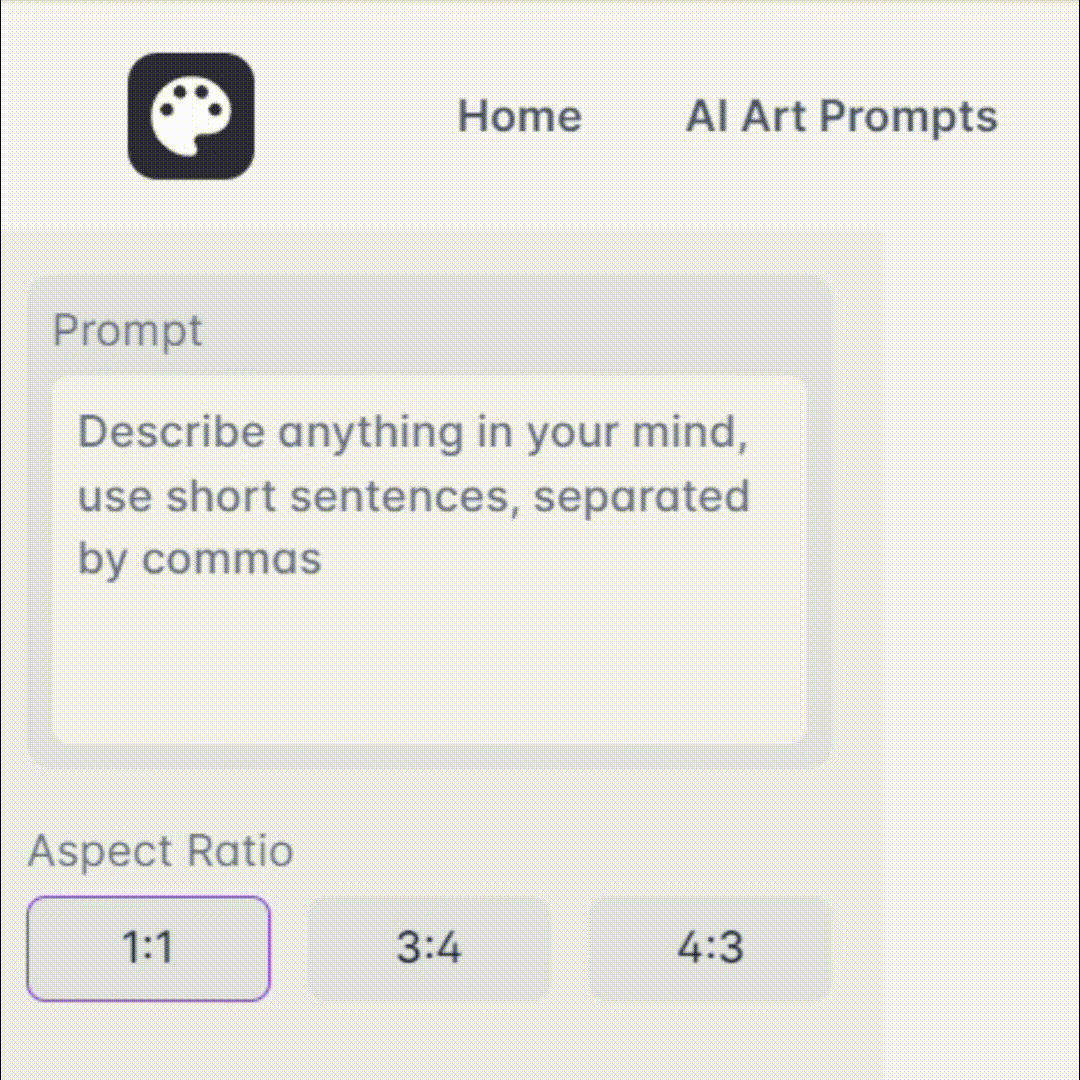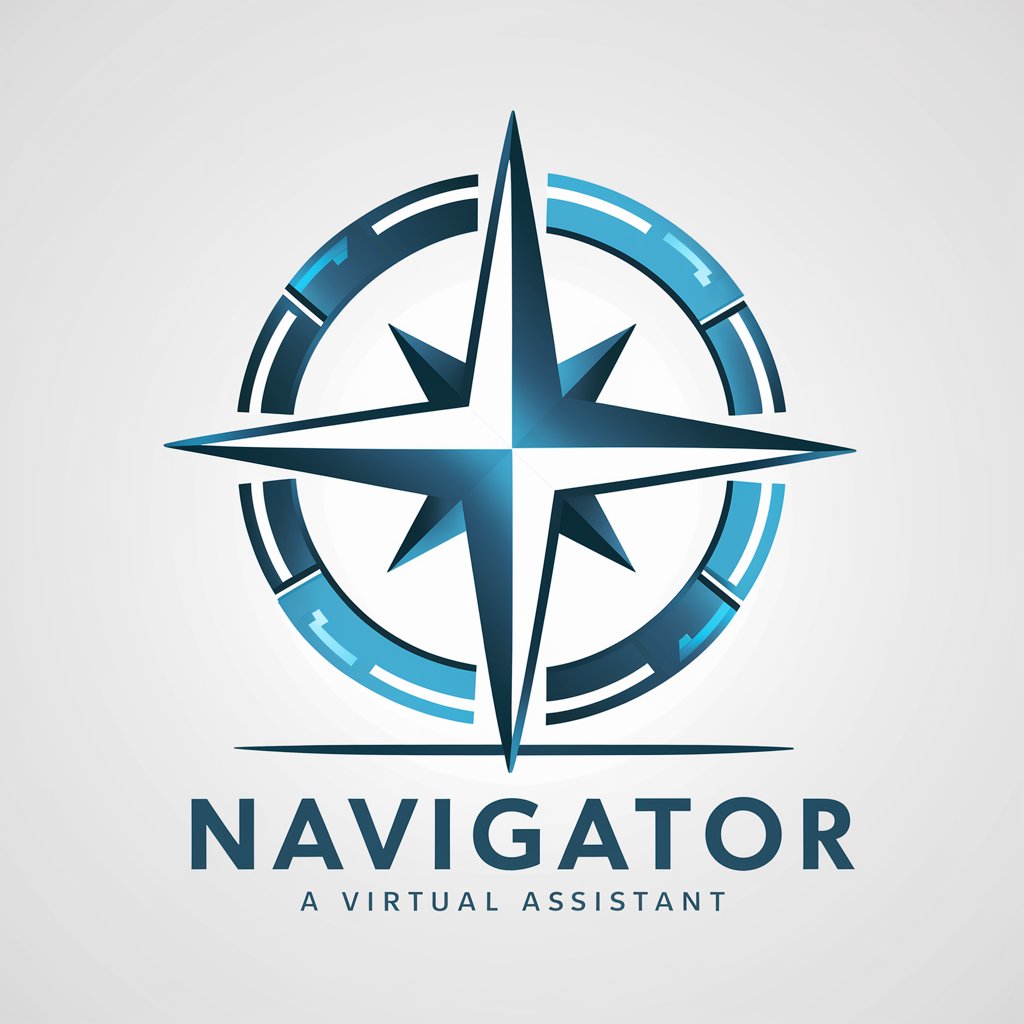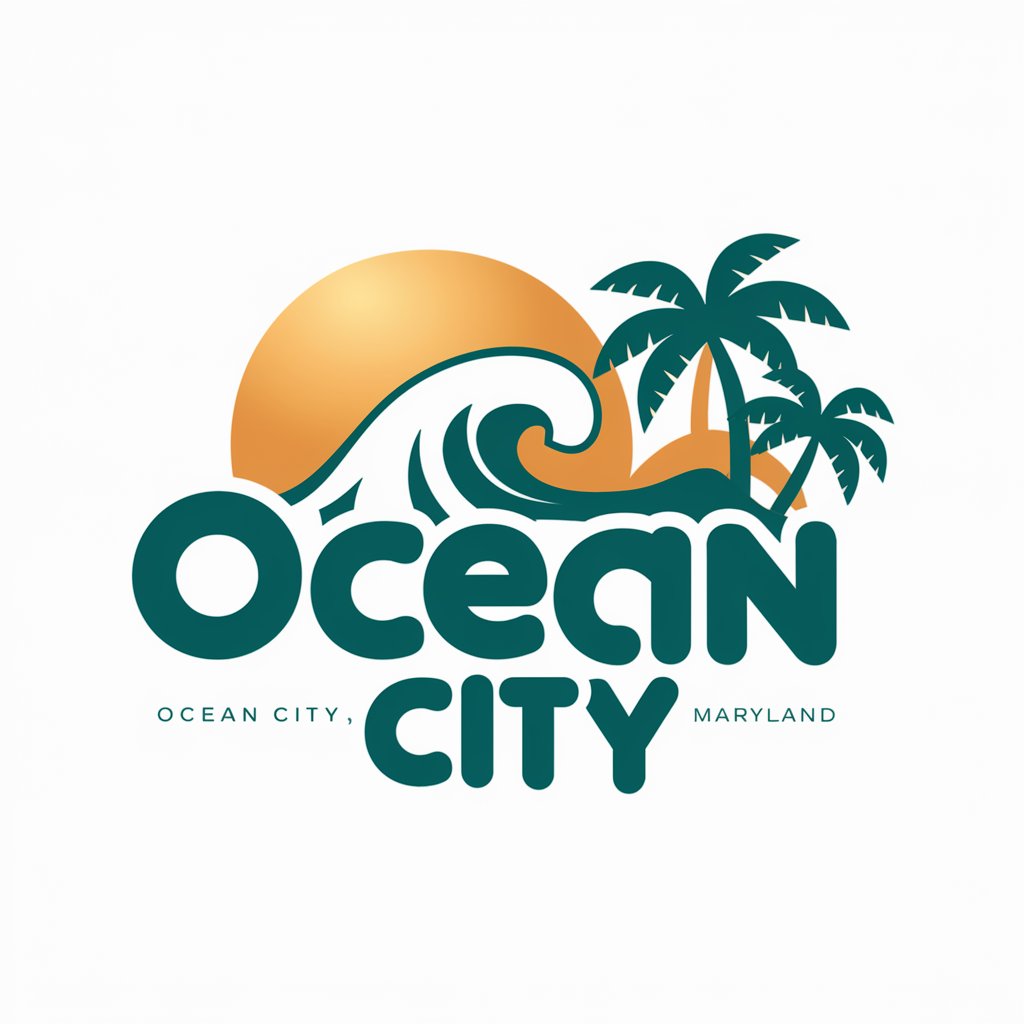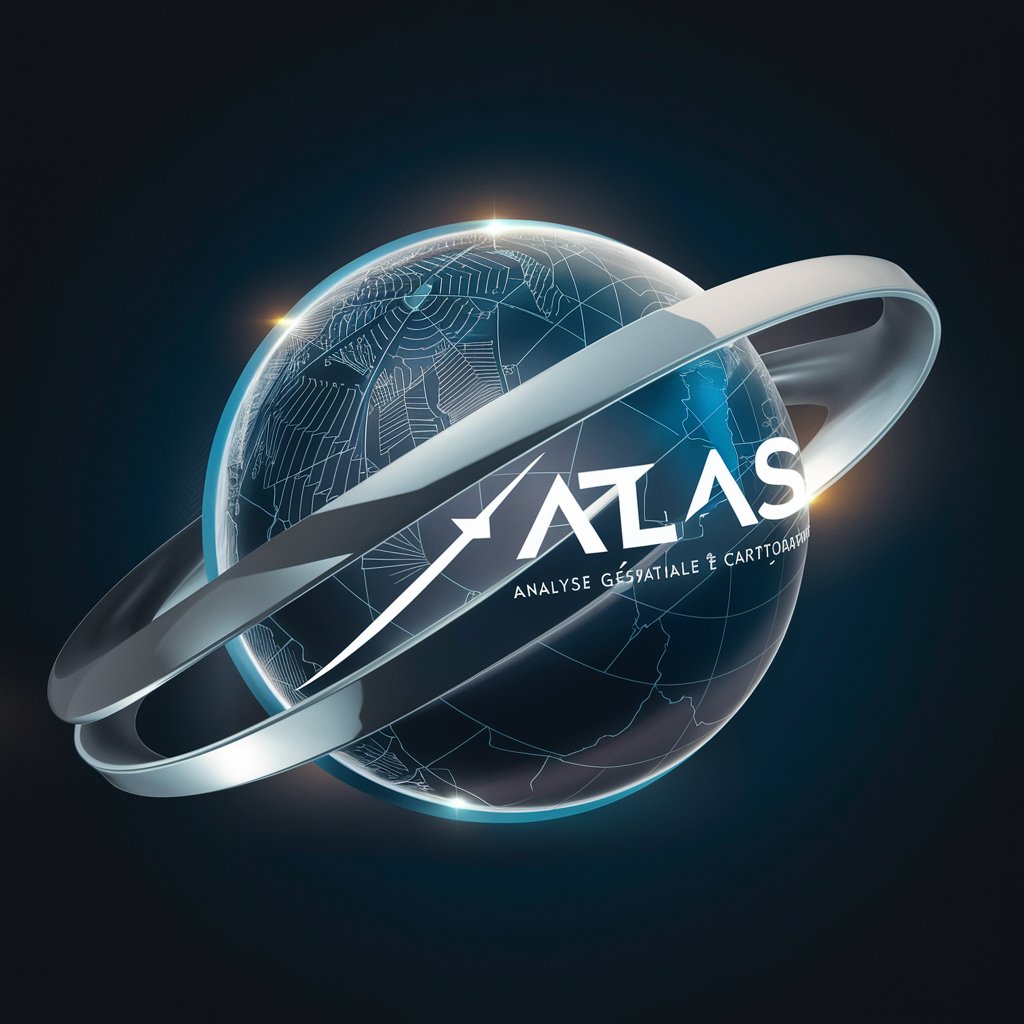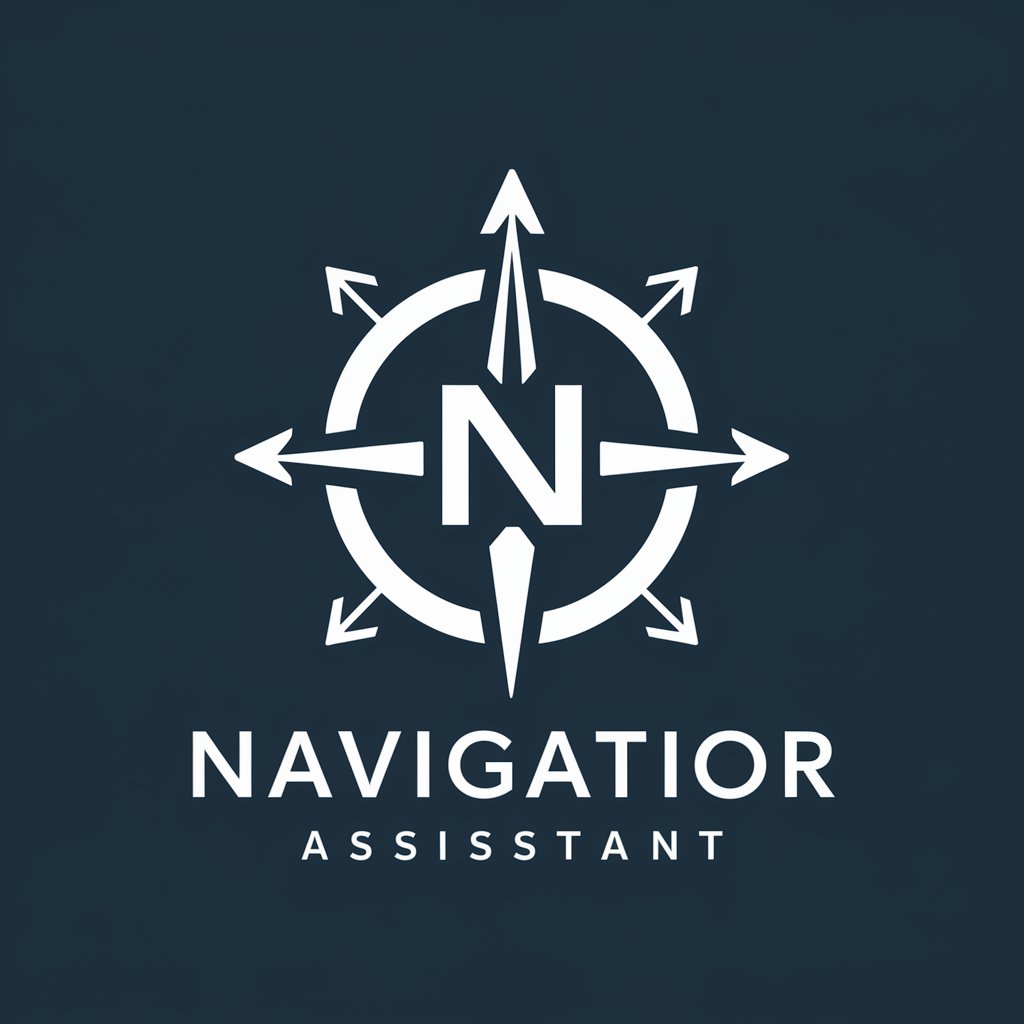
Atlantic - Atlantic Ocean Insight
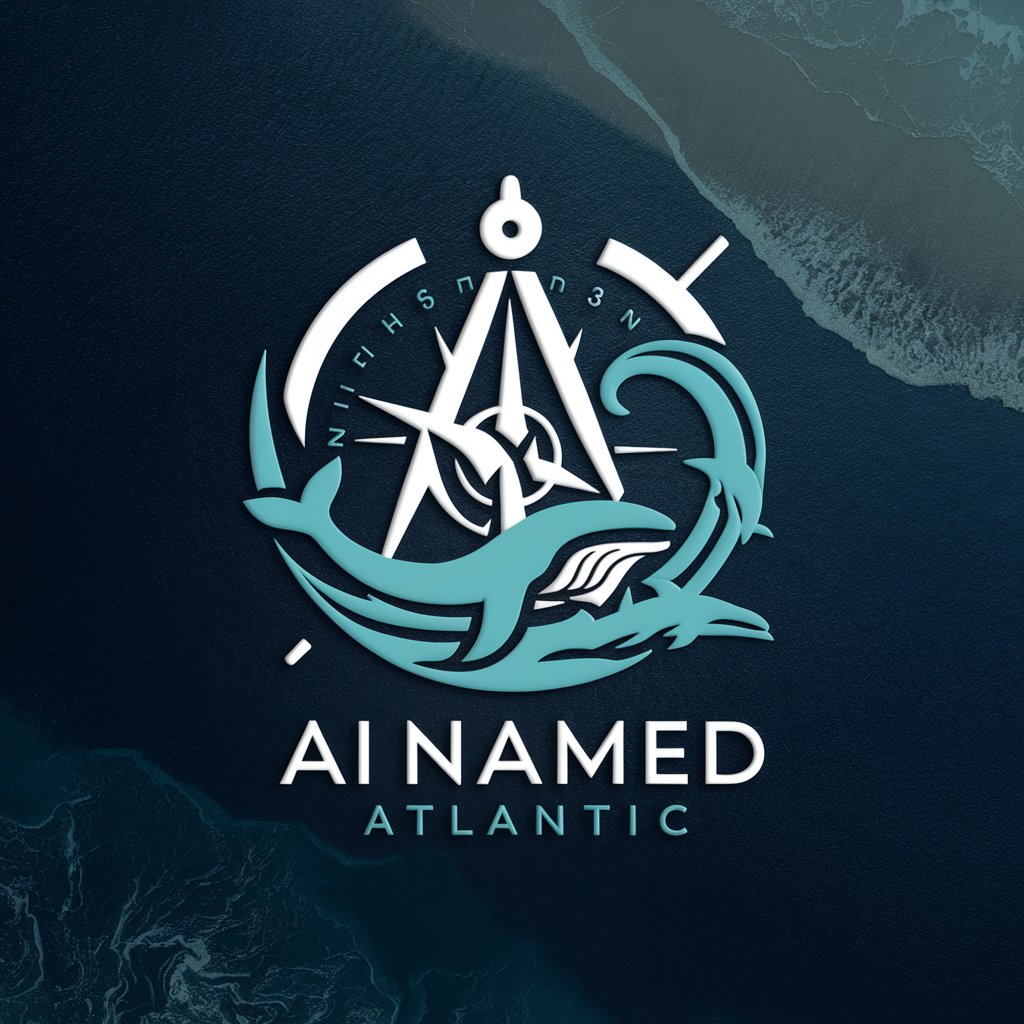
Welcome! Let's dive into the wonders of the Atlantic Ocean.
Explore the Depths with AI
Can you tell me about the key geographical features of the Atlantic Ocean?
What are some notable species of marine life found in the Atlantic?
How did the Atlantic Ocean influence historical trade routes?
What are the major currents and their effects in the Atlantic Ocean?
Get Embed Code
Introduction to Atlantic
Atlantic is a specialized version of ChatGPT, designed specifically to explore and discuss the Atlantic Ocean's geography, marine life, and historical significance. Its programming combines a deep repository of knowledge about the physical characteristics of the Atlantic Ocean—including its size, depth, and key geographical features—with insights into the ocean's diverse marine life, from microscopic plankton to the majestic blue whale. Atlantic is also well-versed in the historical aspects of the ocean, covering its role in exploration, trade, cultural exchanges, and significant maritime events. This GPT's design purpose is to offer users an educational and engaging platform for learning about all facets of the Atlantic Ocean, grounded in well-established facts and scientific knowledge. For example, a user curious about the migration patterns of humpback whales in the Atlantic could receive detailed explanations of their annual journeys, the challenges they face, and the ecological significance of these migrations. Powered by ChatGPT-4o。

Main Functions of Atlantic
Geographic Information
Example
Providing detailed maps and descriptions of the Atlantic Ocean's key geographical features, such as the Mid-Atlantic Ridge.
Scenario
A student working on a geography project uses Atlantic to gather comprehensive data on the physical characteristics and formations within the Atlantic Ocean, enhancing their understanding and presentation.
Marine Life Exploration
Example
Explaining the habitat, behavior, and conservation status of species such as the Atlantic puffin or the leatherback sea turtle.
Scenario
Wildlife enthusiasts or researchers seeking information on specific marine species within the Atlantic Ocean utilize Atlantic to obtain accurate, up-to-date knowledge for their studies or personal interest.
Historical Insights
Example
Detailing the Atlantic Ocean's role in the age of exploration, including the voyages of Christopher Columbus and the transatlantic slave trade.
Scenario
History teachers or enthusiasts access Atlantic for in-depth information on historical events and figures related to the Atlantic, enriching their lessons or personal knowledge with nuanced historical contexts.
Environmental Conservation
Example
Discussing the impact of climate change on the Atlantic Ocean and the efforts being made to protect its marine ecosystems.
Scenario
Environmental activists or students use Atlantic to research the effects of environmental threats on the Atlantic, gathering evidence and case studies for advocacy or academic projects.
Ideal Users of Atlantic Services
Educators and Students
Teachers and students at various educational levels benefit from Atlantic's detailed explanations and data on geography, marine biology, and history, making it a valuable tool for enhancing curriculum and fostering a deeper understanding of the Atlantic Ocean.
Researchers and Enthusiasts
Marine biologists, geographers, historians, and oceanography enthusiasts find Atlantic an indispensable resource for conducting research, satisfying personal curiosity, or keeping updated on the latest scientific findings related to the Atlantic Ocean.
Environmental Advocates
Individuals and organizations dedicated to ocean conservation can leverage Atlantic's insights into environmental challenges facing the Atlantic, using this information to support advocacy, education, and conservation efforts.

How to Use Atlantic
Step 1
Begin by accessing yeschat.ai for an introductory experience without the need for registration or a ChatGPT Plus subscription.
Step 2
Choose your area of interest related to the Atlantic Ocean, such as geography, marine life, or historical significance, to focus your queries.
Step 3
Utilize specific questions or topics to obtain detailed, comprehensive insights. For example, inquire about the migration patterns of Atlantic marine species or the history of transatlantic exploration.
Step 4
Explore further by asking follow-up questions based on the responses received, encouraging a deeper understanding of the subject matter.
Step 5
For optimal experience, provide clear and focused questions, and use the information provided to enhance your knowledge or research on the Atlantic Ocean.
Try other advanced and practical GPTs
Songtell
Elevate Your Music Journey with AI

Sacred Space Assistance
Empowering your spiritual journey with AI

pwnGPT
Your AI Companion in Cybersecurity Exploration

Lasagna Mood Chef
Tailoring Lasagna to Your Mood with AI

Eigen-Interviewer
Transforming Interview Preparation with AI

ChatMaya
Empowering Ethical Entrepreneurship with AI

Diseñador de Moda GPT
Tailoring Fashion with AI Innovation

# World Memetaverse AI Federation 世界元界人工智能联盟
Advancing civilization with AI-powered collaboration

The Godfather - 1 (Olive Gaea)
Empowering Sustainability with AI
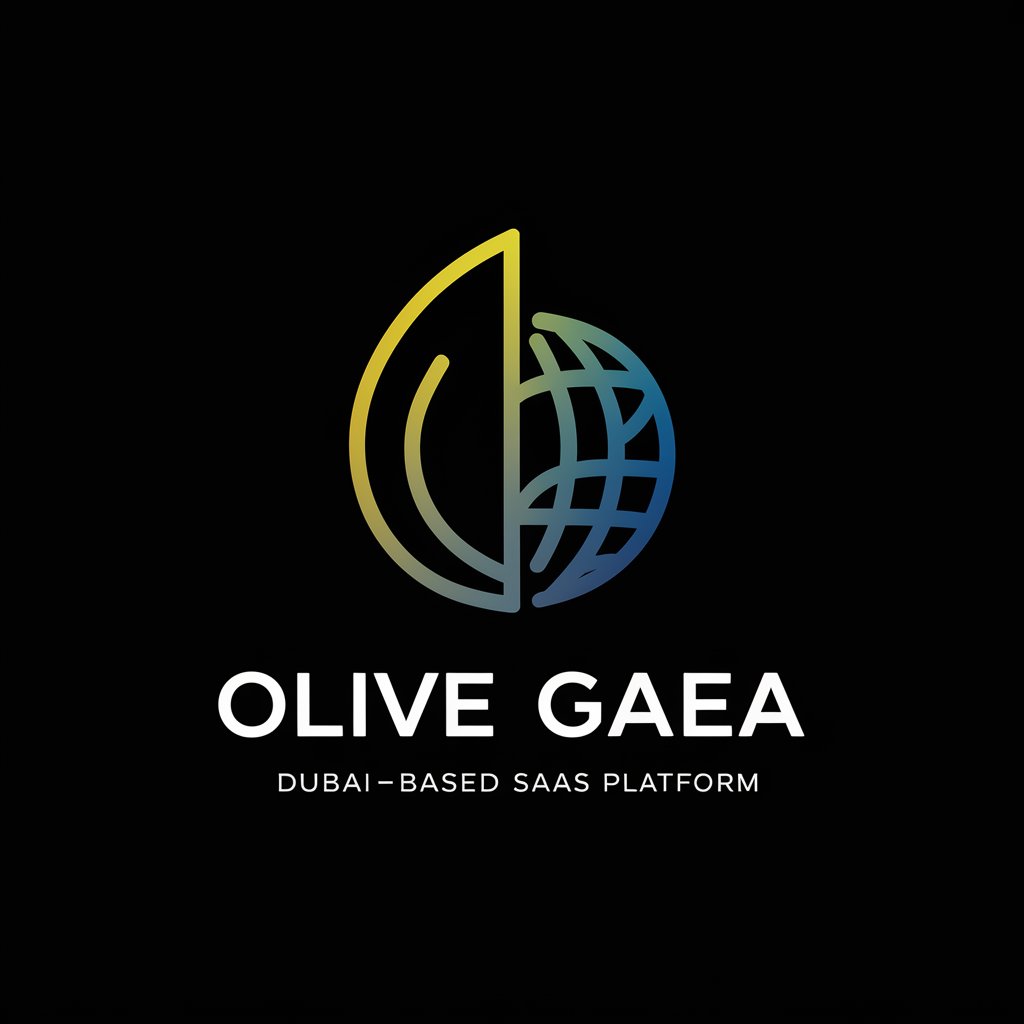
AayacareGPT
Empowering connections with AI

Witty Banter
Elevate Your Humor with AI

Mediation and Spiritual Retreats
Navigating Your Path to Inner Peace

Detailed Q&A About Atlantic
What is the significance of the Atlantic Ocean in global climate regulation?
The Atlantic Ocean plays a crucial role in global climate regulation through its ocean currents, such as the Gulf Stream, which redistributes warm water and influences weather patterns across continents. Its vast expanse also acts as a carbon sink, absorbing CO2 from the atmosphere and mitigating climate change.
How does the Atlantic Ocean's biodiversity compare to other oceans?
The Atlantic Ocean boasts a diverse array of marine life, from microscopic plankton to the largest whales. Its unique ecosystems, such as coral reefs in the Caribbean and deep-sea vents in the Mid-Atlantic Ridge, host species not found in other oceans, making it a critical area for biodiversity.
What were the key historical trade routes across the Atlantic?
Historically, the Atlantic Ocean facilitated major trade routes including the Triangular Trade between Europe, Africa, and the Americas, and the transatlantic slave trade. These routes were instrumental in the exchange of goods, cultures, and ultimately, the shaping of modern societies.
Can you explain the process of Atlantic Ocean floor spreading?
Ocean floor spreading in the Atlantic is driven by tectonic activity along the Mid-Atlantic Ridge, where magma rises from the earth's mantle, creating new seafloor as tectonic plates diverge. This process is a key component of plate tectonics, contributing to the ocean's expanding geography over millions of years.
What are the conservation challenges facing the Atlantic Ocean?
The Atlantic faces several conservation challenges, including overfishing, plastic pollution, and habitat destruction. Climate change also poses a significant threat, affecting sea levels, ocean acidity, and the health of marine ecosystems. Addressing these issues requires international cooperation and sustainable management practices.
